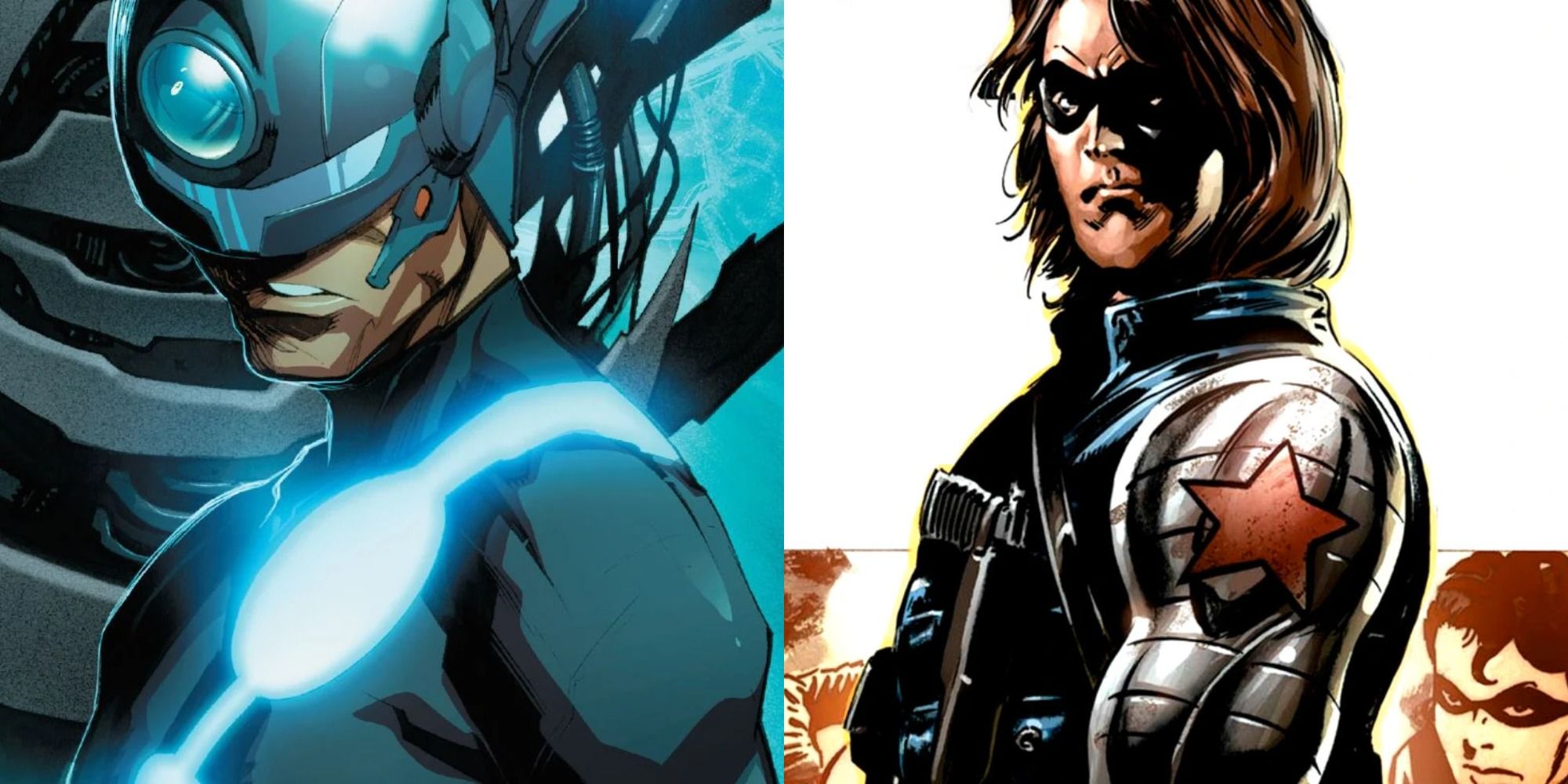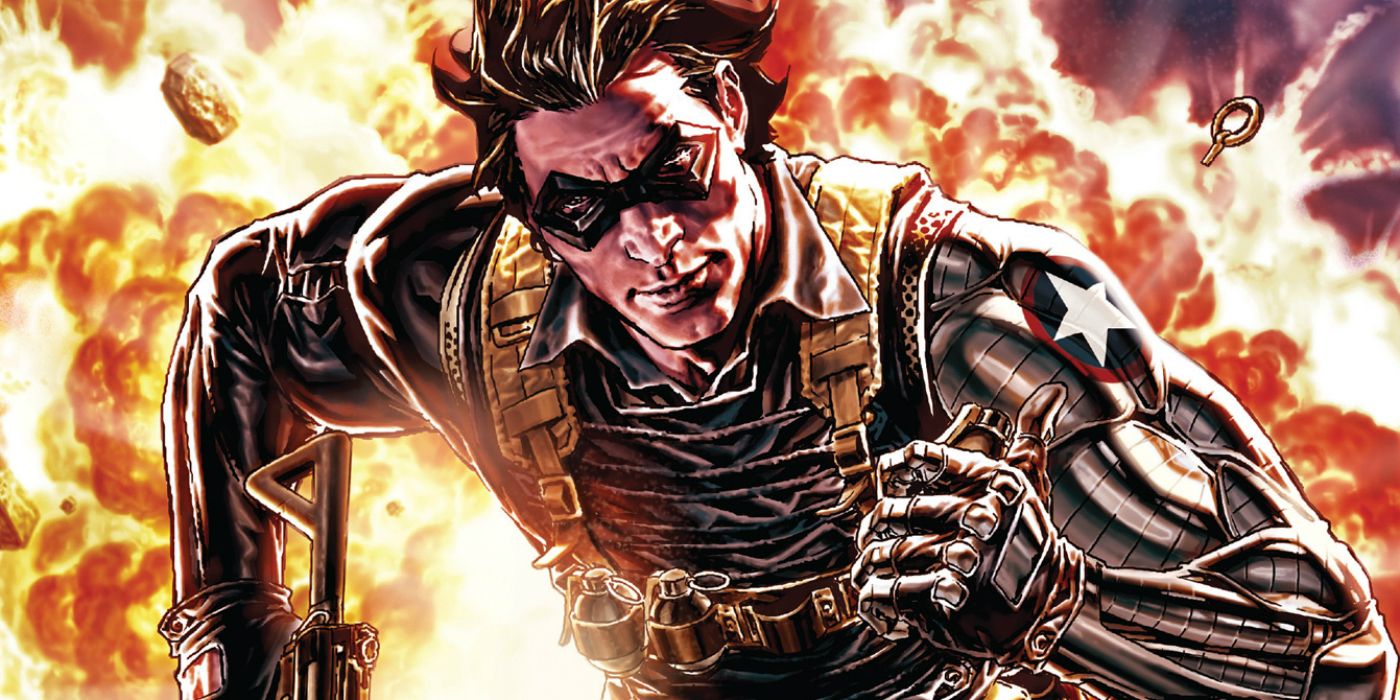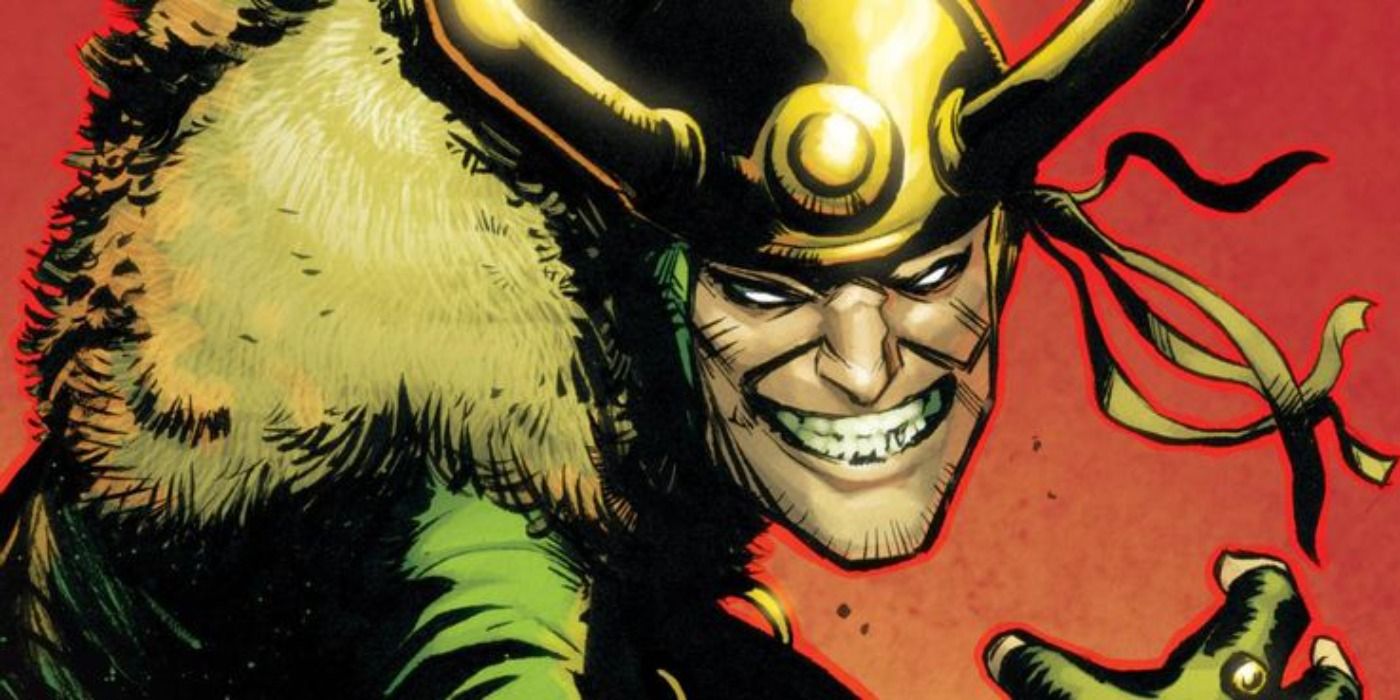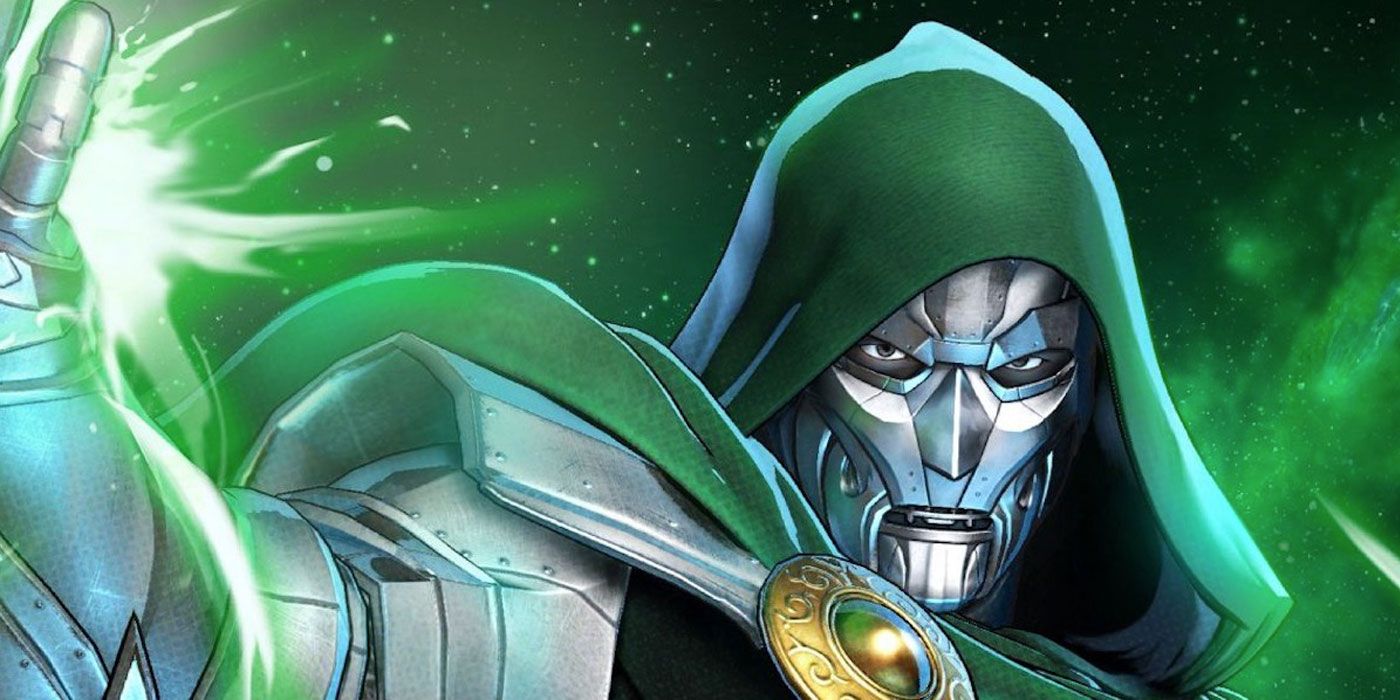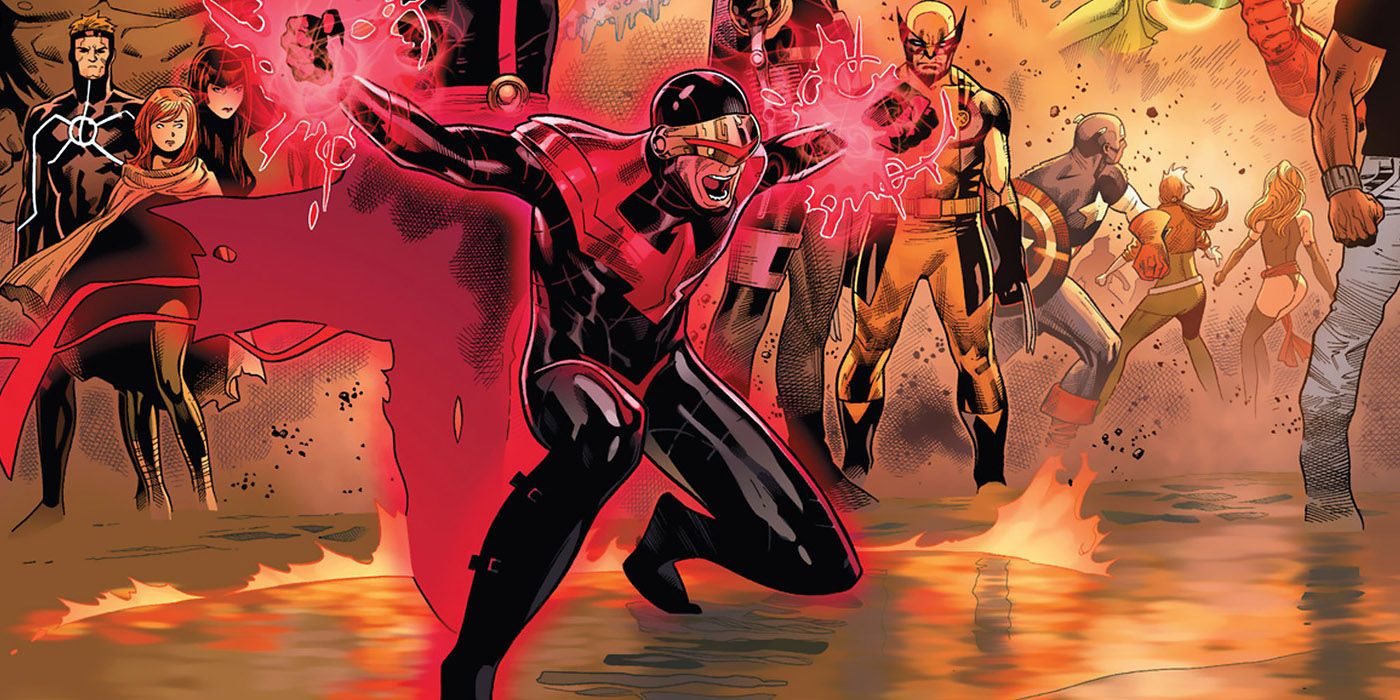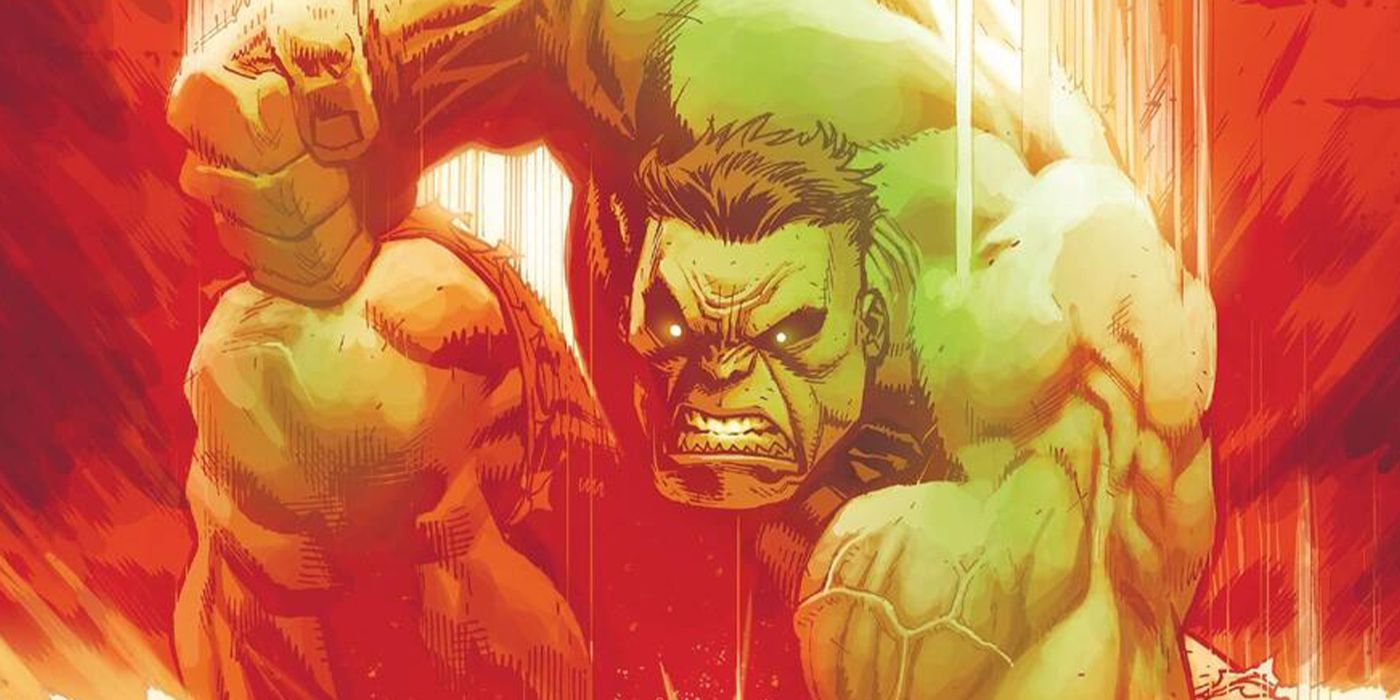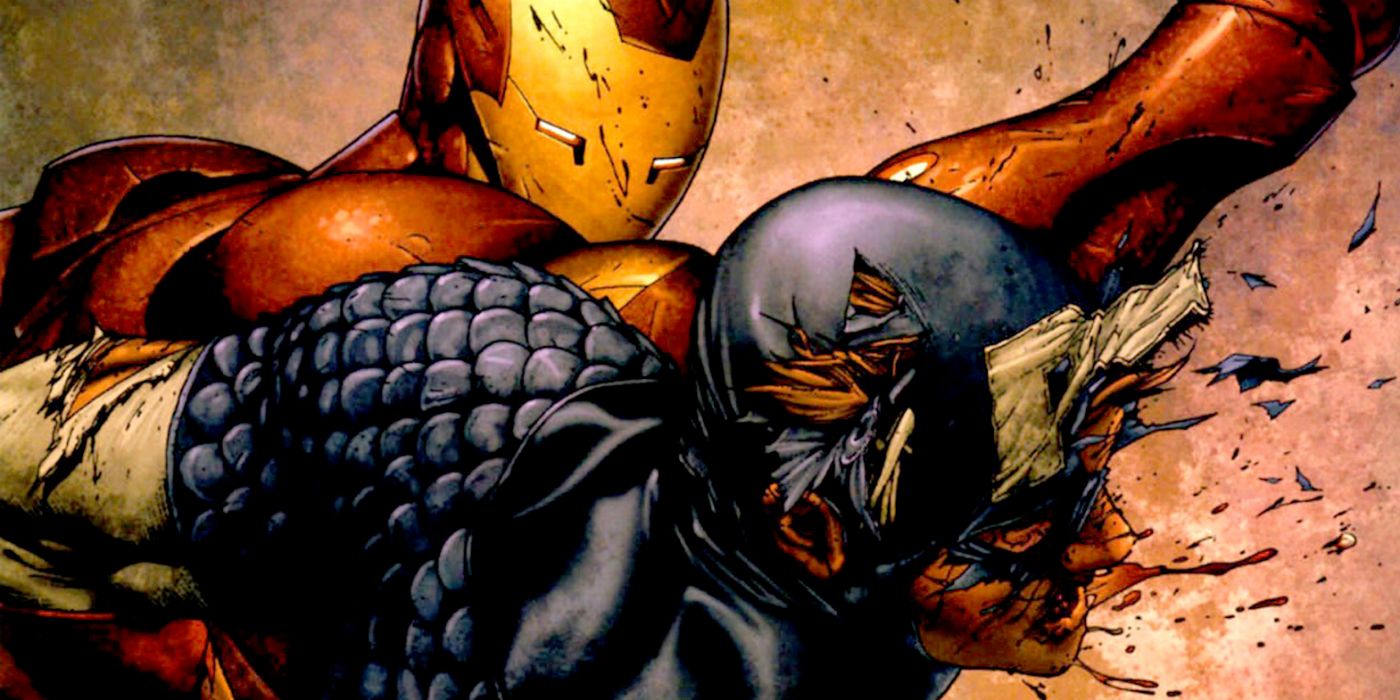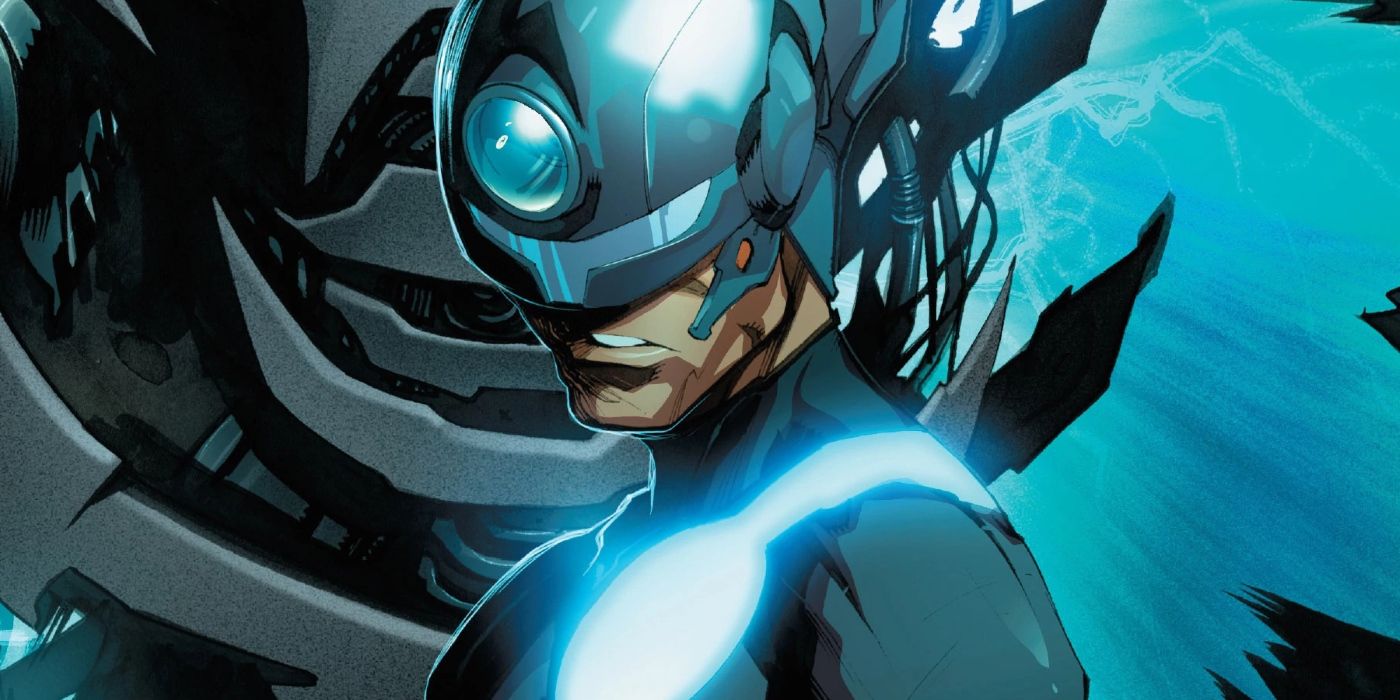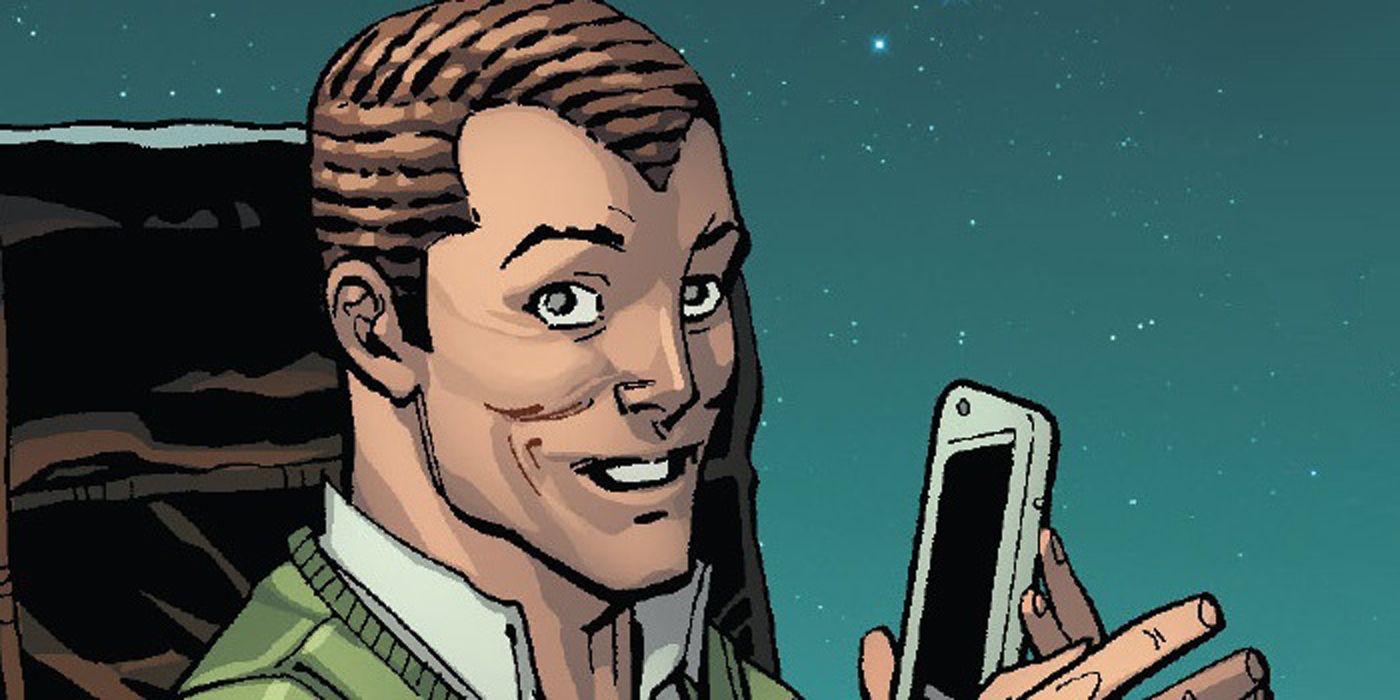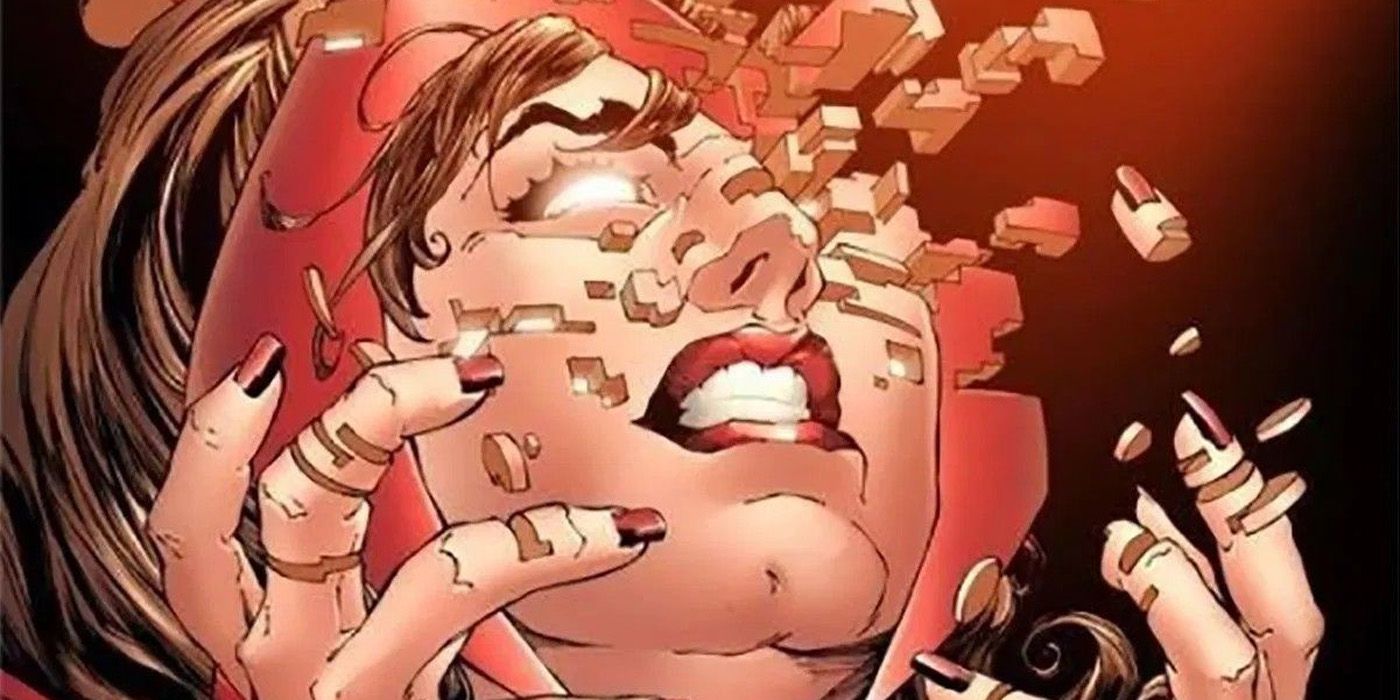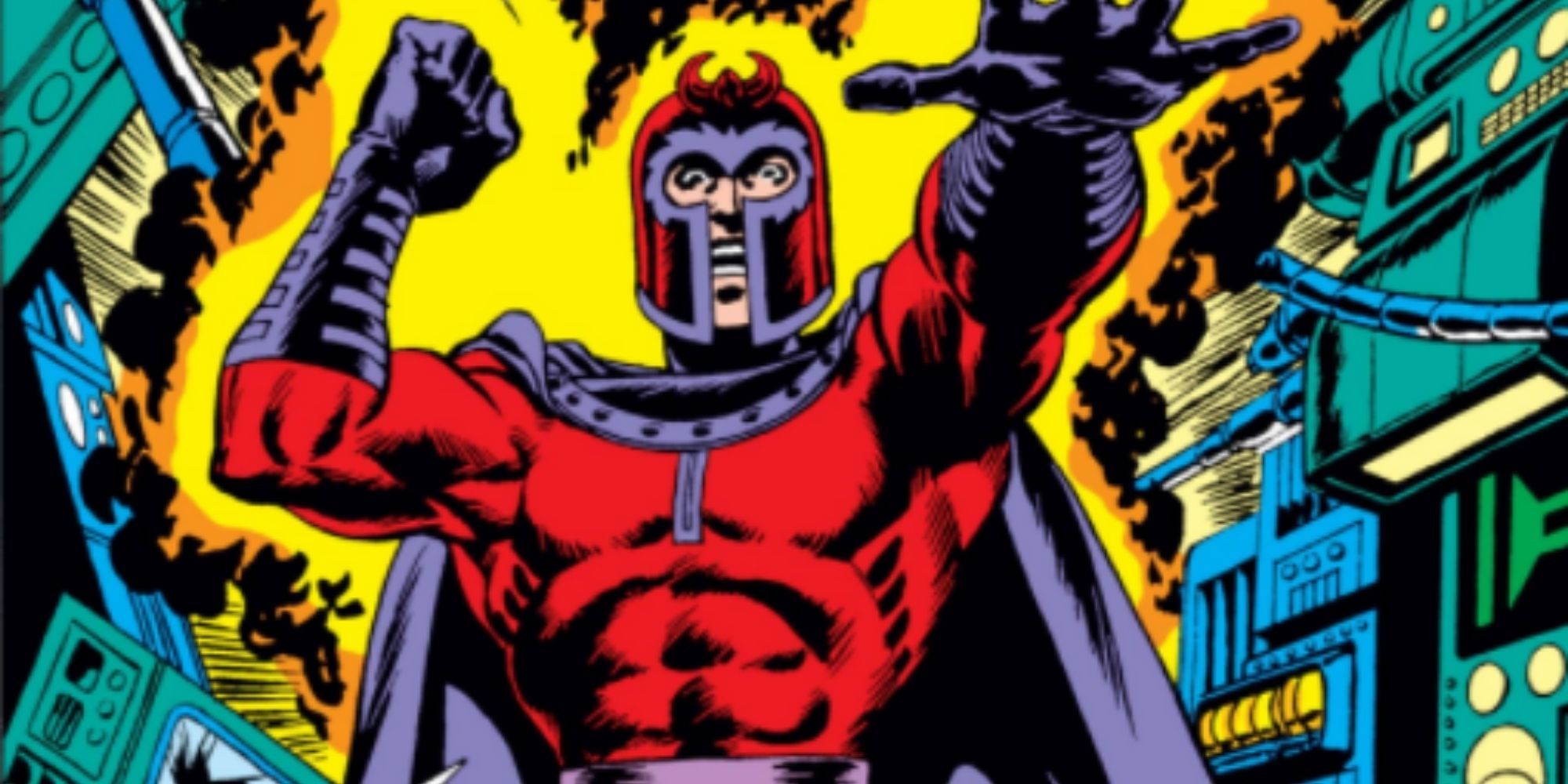Marvel Comics' Judgement Day crossover event will pit the Avengers, X-Men, and the Eternals against each other– turning former friends into bitter rivals, and injecting a personal component into this large-scale superhero battleground. Historically, the personal relationships that our heroes have serve as catalysts in Marvel's most iconic stories, such as Civil War, and The Green Goblin Lives Again. As such, most of Marvel's iconic villains come from these arcs.
This upcoming clash will place friends from all three teams against each other, promising future heartbreaks. In preparation for Judgement Day, listed for Summer 2022, these iconic friends' villainous clashes will be examined.
Bucky Barnes
World War II ally and close friend of Steve Rogers, James "Bucky" Barnes was declared "deceased" when apprehending Baron Zemo. Instead, Barnes was captured by the Soviet Union, brainwashed, and became the Winter Soldier.
Bucky's fate resulted in an emotional challenge for Captain America. The hopeful icon becomes disillusioned, as Bucky's turn reminds Steve of moral "grey areas". Previously, Cap had no problem fulfilling his obligations to his nation– but what of Steve's obligations to Bucky?
Loki
Adoptive brother of Thor, Loki Laufeyson was a troubled individual. Bitter at Laufey's rejection, furious at Odin's favoritism, and jealous of Thor, Loki became the God of Mischief.
Loki's turn proves to be the most personal trial for Thor. Thor wants to love and trust Loki, but cannot due to Loki's vengeful, backstabbing nature. Conversely, Loki claims to hate Thor, but finds that he is the younger brother that still yearns for attention. Loki's turn is a somber tale of negative self-esteem destroying a positive relationship. Furthermore, Loki's actions resulted in the birth of The Avengers.
Dr. Doom
Victor Von Doom spent his life studying science and sorcery, and these exploits landed him a scholarship alongside Reed Richards. After attempting an experiment to retrieve his mother's soul, Doom's face is scarred, he is expelled from university, and in a fit of arrogance, he blames Reed for the results, eventually becoming Dr. Doom.
Doom's fatal flaw is his narcissism, as he was unable to fathom his part in any failure. Furthermore, Doom interpreted Reed's refusal to help with Doom's experiments as an act of betrayal towards their friendship. While emotionless to Richards and the Fantastic Four for decades of publication history, Victor Von Doom remains a man who is pained by Reed's refusal, and narcissistically, began his career as a supervillain in spite of Richards. Doom's turn is a testament to narcissism and its impact on relationships.
Cyclops
During Avengers vs. X-Men, Scott Summers is possessed by the Phoenix Force. Aware of Scott's tyrannical rule over Earth, Charles Xavier attempted to mentally separate Scott from the Force. In retaliation, Scott murders Xavier and keeps the Phoenix Force, using its power to protect Mutants while destroying the world.
This dark turn was, heartbreakingly, completely in character for the X-Men legend. Desiring to protect Mutants at all costs, he deemed Charles's murder necessary. Consequently, he viewed Charles Xavier as a man that favored Mutant perception over Mutant protection, and ironically, the man that was once his hero transformed into his headache. This decision, and Cyclops's unapologetic attitude toward the loss of his father figure, shows just how much war and politics can destroy friendships in a manner that heavy artillery cannot.
Hulk
During World War Hulk, the Hulk was rocketed away to a peaceful planet (by the Illuminati) to protect Earth. Instead, Hulk landed on a warlike, gladiatorial planet named Sakaar, where he was manipulated to believe that the Illuminati were responsible for the death of his wife. Furious, Hulk returned with his Sakaarian armada, obliterated the X-Men, crushed Dr. Strange's hands, and nearly destroyed New York with his footsteps.
Hulk's transformed from heroic to horrific, nearly destroying the people he once considered family. While some may argue that Hulk was misguided, they forget that Hulk planned to murder billions on Earth to illustrate his militaristic prowess. The war he was willing to ignite, over a misunderstanding, emphasized that the Hulk valued his emotional expression over the emotional connections developed with his former friends. This arc reminds audiences that emotions are capable of destroying anything.
Iron Man
During 2007's Civil War, Tony Stark utilized dubious methods in favor of superhuman registration, resulting in his dark descent. Iron Man's utilization of the Negative Zone to house political prisoners, near-lethal force with unregistered superheroes, and unapologetic violation of American citizens' right to privacy, resulted in a physical battle with Captain America– and ended with the assassination of Steve Rogers.
Iron Man's turn was in his ego. He believed that only he could lead superheroes towards a future of peaceful coexistence with civilians, labeling Rogers and his allies as "idiots" and "terrorists". His choice to pursue his ideologies, as opposed to preserving his friendships, is a testament to how (much like Cyclops and Professor X) war brings no victors. Tony learned this lesson too late, as he stated to Steve's deceased body: "It wasn't worth it."
The Maker (1610 Reed Richards)
Reed Richards had the same life as his 616 counterpart– until Magneto destroyed New York, Franklin Storm died in the attack, Sue Storm rejected Reed's wedding proposal, and the Fantastic Four split apart. These losses drove the already emotionally-damaged Richards to insanity, becoming "The Maker".
Reed's fall to villainy was largely the result of his inability to take "no" for an answer, especially from his friends. Believing the Fantastic Four to have owed him for their powers, the Maker was perfectly willing to throw aside years of friendship in favor of an environment that would cater to his every will. The Maker's tale is one of the quality of your friends– ignoring those that hold you accountable will only result in the loss of your character.
Harry Osborn
Harry Osborn's belief that Spider-Man was responsible for Norman Osborn's death resulted in discovering Spider-Man's identity, taking a stronger dose of the Goblin serum, and becoming the second Green Goblin. While Harry struggled with his demons for years, he finally passed away after saving Peter from a plan of Harry's own, claiming him to be his "best friend" before dying in Peter's arms.
This entire saga was based in the idea of misunderstandings. Harry, misunderstanding Peter to be a lousy friend and a murderer, spent years trying to murder Parker. However, it wasn't until his deathbed that he realized that he could have avoided all of the tragedy that he and Peter experienced– if he only swallowed his pride and settled their differences with a simple conversation. Unfortunately, fists comforted Harry where truth could not.
Scarlet Witch
When Quicksilver let Wanda Maximoff know the Avengers planned her murder due to her uncontrollable abilities, Wanda shifts reality toward one of peaceful seclusion. However, when confronted by the Avengers, X-Men, and the Brotherhood of Mutants, Wanda uses chaos magic to ensure "No More Mutants," depowering millions of Mutantkind worldwide, and becoming a hated figure within the Mutant community.
Wanda's betrayal of her entire friends and family was due to her lack of emotional support. Having never been comforted or trained with her reality-shifting abilities, Wanda was instead viewed with fear, much like Anakin Skywalker. Her resentment and inability to cope with her strong emotions, just as Anakin did, resulted in drastic emotionally-fueled decisions. The tragedy of Wanda's betrayal is that it could have been avoided– if only her friends and family viewed her with empathy.
Magneto
Erik Lehnsherr met his best friend and future arch-nemesis, Charles Xavier, during his youth. Lehnsherr's Holocaust experiences, and the world's bigotry towards Mutantkind, birthed heated debates between the two, as Magneto did not believe that peace was possible. As years passed, Lehnsherr finally assumed the alter-ego of Mutant extremist Magneto, and battled his best friend for decades.
Magneto's turn is unique, making Magneto a sympathetic character. Humans have persecuted Mutantkind for decades, and Charles's persistence of peace over justice is toxic, dismissing Mutantkind. While Magneto is willing to explore some of Charles's ideologies, Charles's complete rejection of Magneto's perspective highlights that you can always love someone– and vehemently disagree with who they are.

